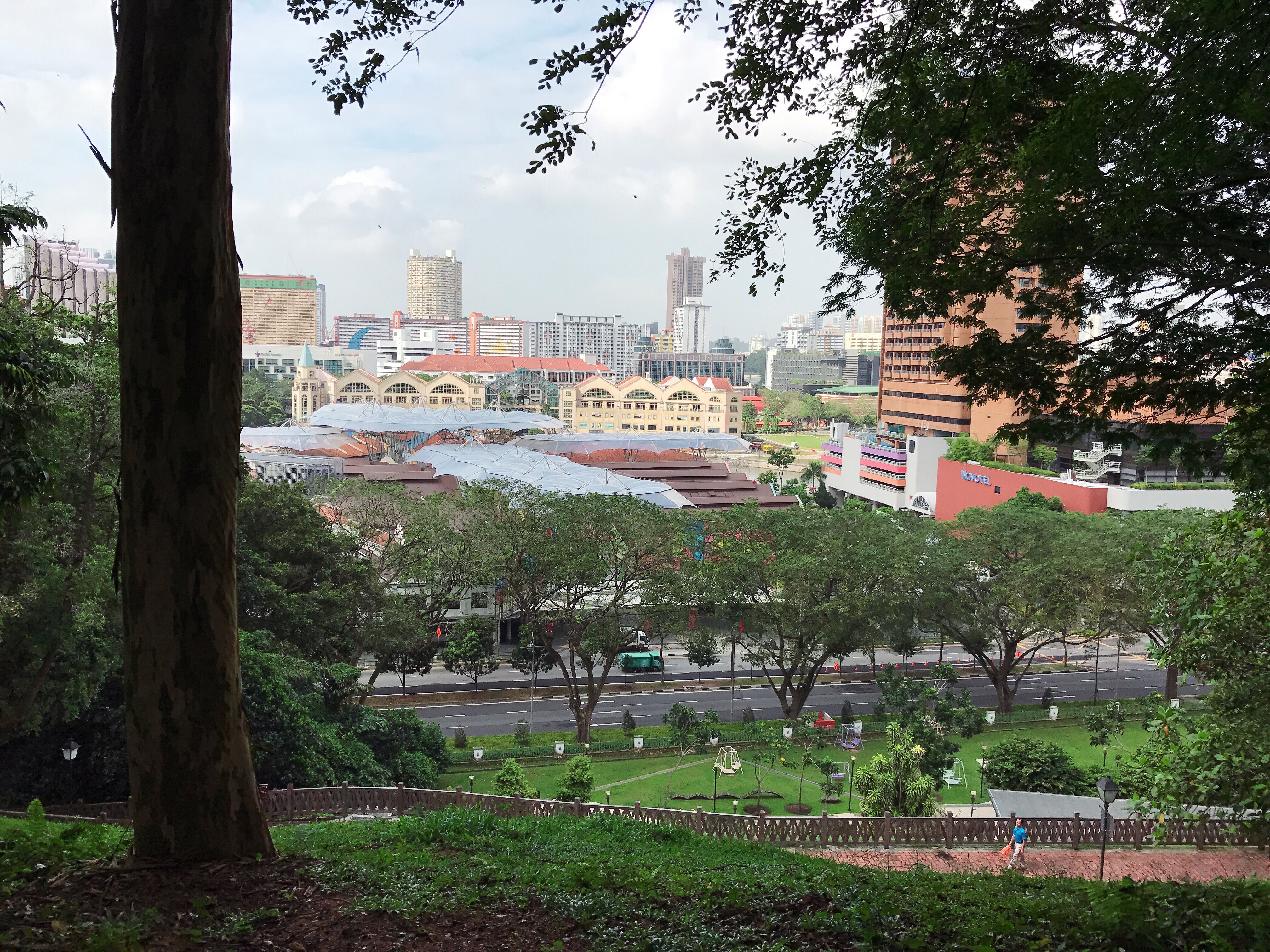In helping a friend with their resume this morning I shared some of the advice I wrote up with the Support Driven community. Folks seemed to appreciate it enough that I wanted to log it here for future reference.
These aren’t necessarily deep insights. They are things, though, that I’ve often seen job applicants forget or skip over.
- The more succinct your resume is the better. You don’t want to cut important experience. At the same time, though, 4+ pages is too long. If you can fit your relevant past experience into one page that’s ideal.
- Your resume’s brevity matters because a hiring team will only maybe look at the resume and if they do then maybe they’ll go past Page 1. The more complete Page 1 is the better chance you have of an accurate first impression.
- Visually it helps to make the content scan-able. If a hiring team has just 90 seconds to glance at your resume then how can you use font weights, color, and text size to draw their eye to the right things?
- For each job application read through your job summaries and focus on whether the descriptions are clear to your audience. Are there things you want to emphasize for one job but maybe not another? Are you including the right project samples and client names?
- For how you describe a job, cater to your audience. Your descriptions should be different depending on whether a hiring manager, an engineer, or the HR team is reviewing applications. Who reviews your resume may influence what they’re looking for. It helps to think that through.
If you follow that advice you’ll likely also realize that it requires writing a different resume for each job application. That’s intentional. When your resume is generic and not tailored to the company or role you are applying for it shows.
I think the main goal of a resume is to be interesting enough to get you a conversation with the company. If you don’t cover every project, client, or skill that’s okay. What counts is covering the sampling of things which will be most relevant toward getting you on to the next step of the process.



